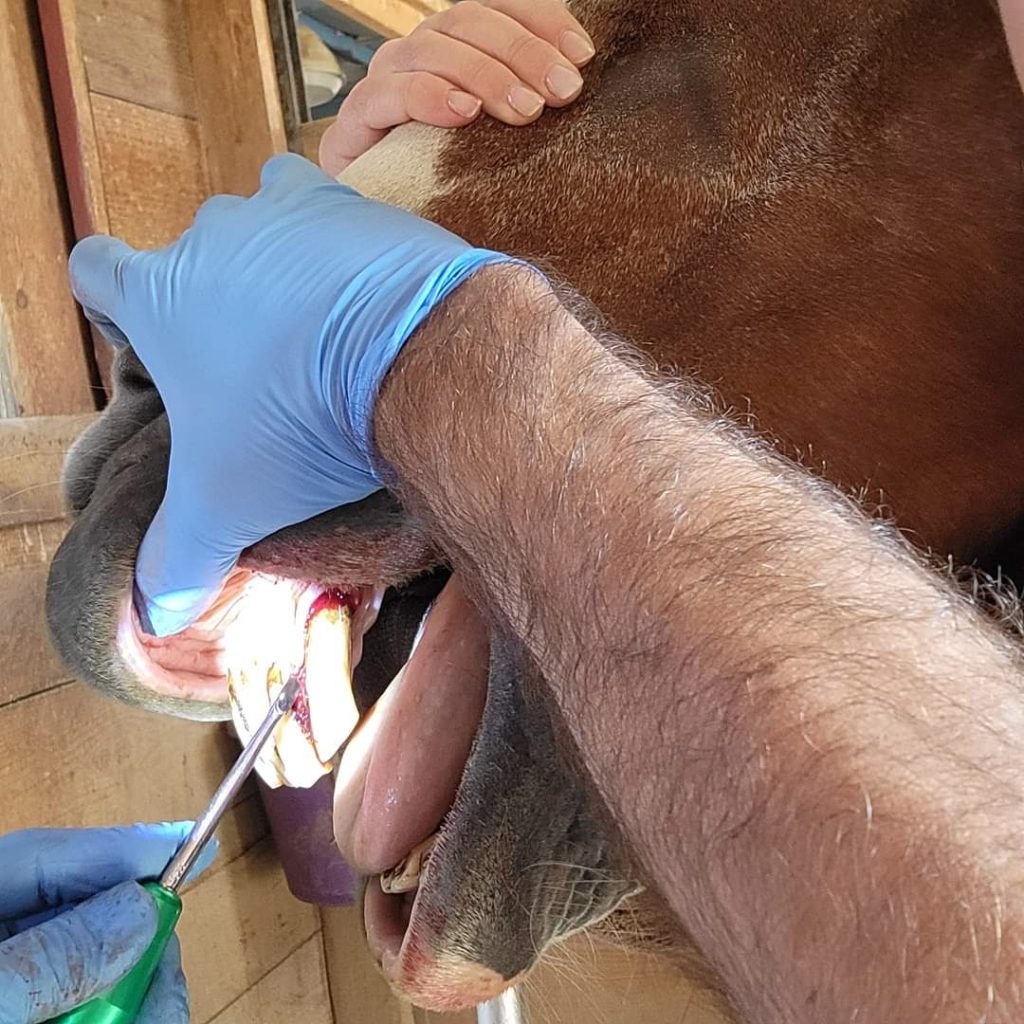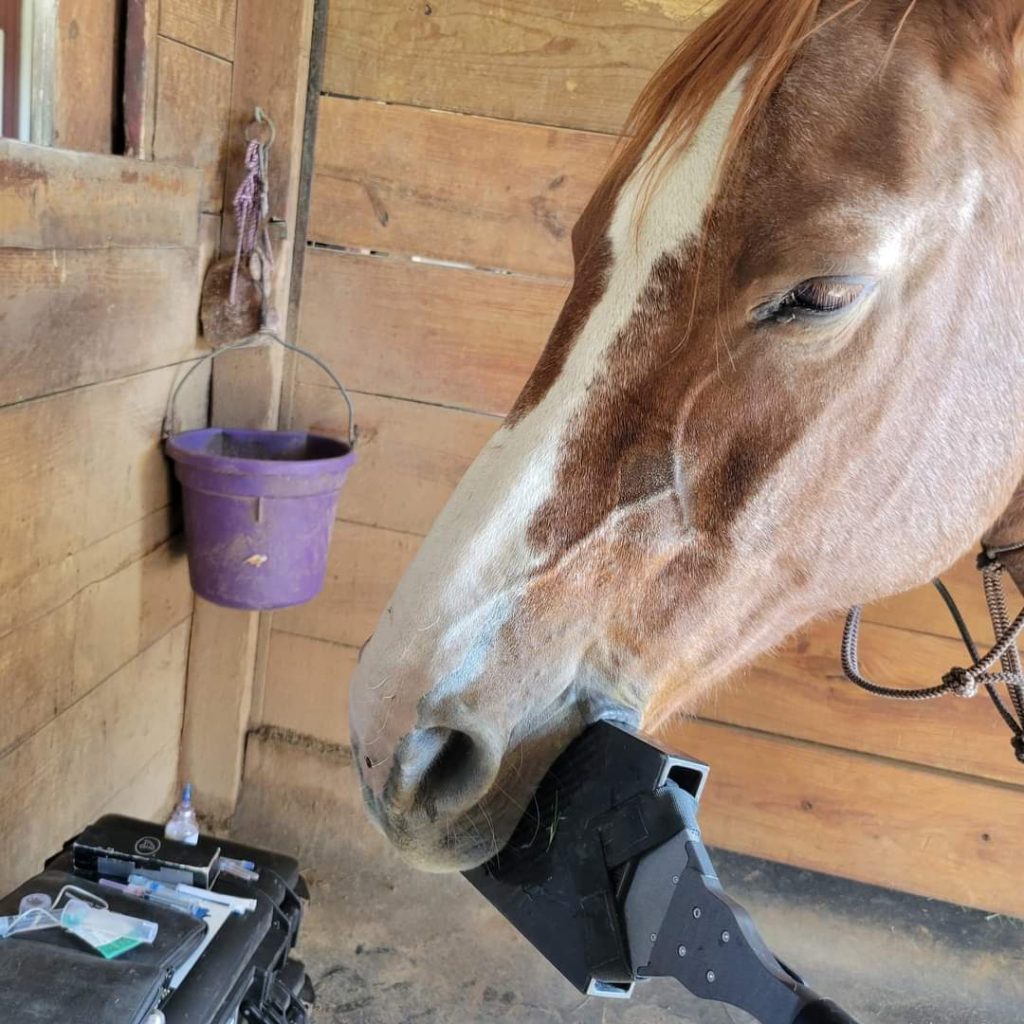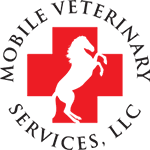You want the best for your horse, and your horse deserves it. Advances in equine preventative care and sports medicine enable our horses to live longer and healthier lives than ever before. In addition to semi-annual wellness exams, vaccinations, and good hoof care, your horse may receive veterinary chiropractic care, veterinary acupuncture, and massage therapy, all to ensure your horse is as healthy and happy as can be.
Good dental care is a critical piece of this “whole horse” approach, vital for your horse’s health and longevity. Unfortunately, more horse owners are encountering equine tooth floating services provided by what are often referred to as “lay dentists”. Horses – especially our athletes – benefit from the collaborative efforts of professionals, such as veterinarians and farriers. So you may ask, why not between veterinarians and “lay dentists”?

While these individuals promote themselves as equine dentists, the term ‘dentist’ is inaccurate. These individuals may have had some prior experience “floating teeth.” However, they do not have a medical education in the mechanics, physiology, or pharmacology involved. They are not permitted to diagnose or treat disease, as this is the practice of medicine. Additionally, there is no governing body to certify the education or training that these individuals have (or have not) received. Therefore, if an adverse event occurs, the horse owner is left with little recourse. In the state of Colorado, the practice of dentistry may be delegated to veterinary personnel but only under the direct supervision of a licensed veterinarian.
Equine dentistry is so much more than just floating sharp edges from cheek teeth. A comprehensive understanding of anatomy as well as the ability to perform a complete and thorough oral examination is essential.

There are five requirements to perform a complete oral examination.
- Sedation: Even if it is light sedation, your horse/donkey/mule must be sedated (and still!) to facilitate a complete examination of the oral cavity. Ensuring your horse’s cooperation and comfort allows the veterinarian to provide dental care more efficiently, while minimizing the amount of time your horse spends with his mouth open.
- Dental speculum: This device keeps the horse’s mouth open, allowing the veterinarian to examine all the teeth. Without a speculum, the cheek teeth at the back of mouth cannot be evaluated.
- Light: Examination, floating, and dental procedures require light- just as your own dentist needs light to see what he/she is doing!
- Mirror: A mirror is needed to assess all surfaces of the teeth and gums.
- Dental probe and/ or a dental explorer: Like us, horses can suffer from periodontal disease, cavities, fractured teeth, and other conditions where a probe and explorer to assess depth and severity are needed to formulate a treatment plan.



Equine dentistry has evolved so much. Even in the field, complex procedures involving extractions, radiographs, or even restorations are possible. A non-veterinary “float” is a disservice to your horse- at best, incomplete, and at worst, potentially harmful.
If having a non-dentist work on your own teeth is unimaginable, why should the case be any different for your horse?



